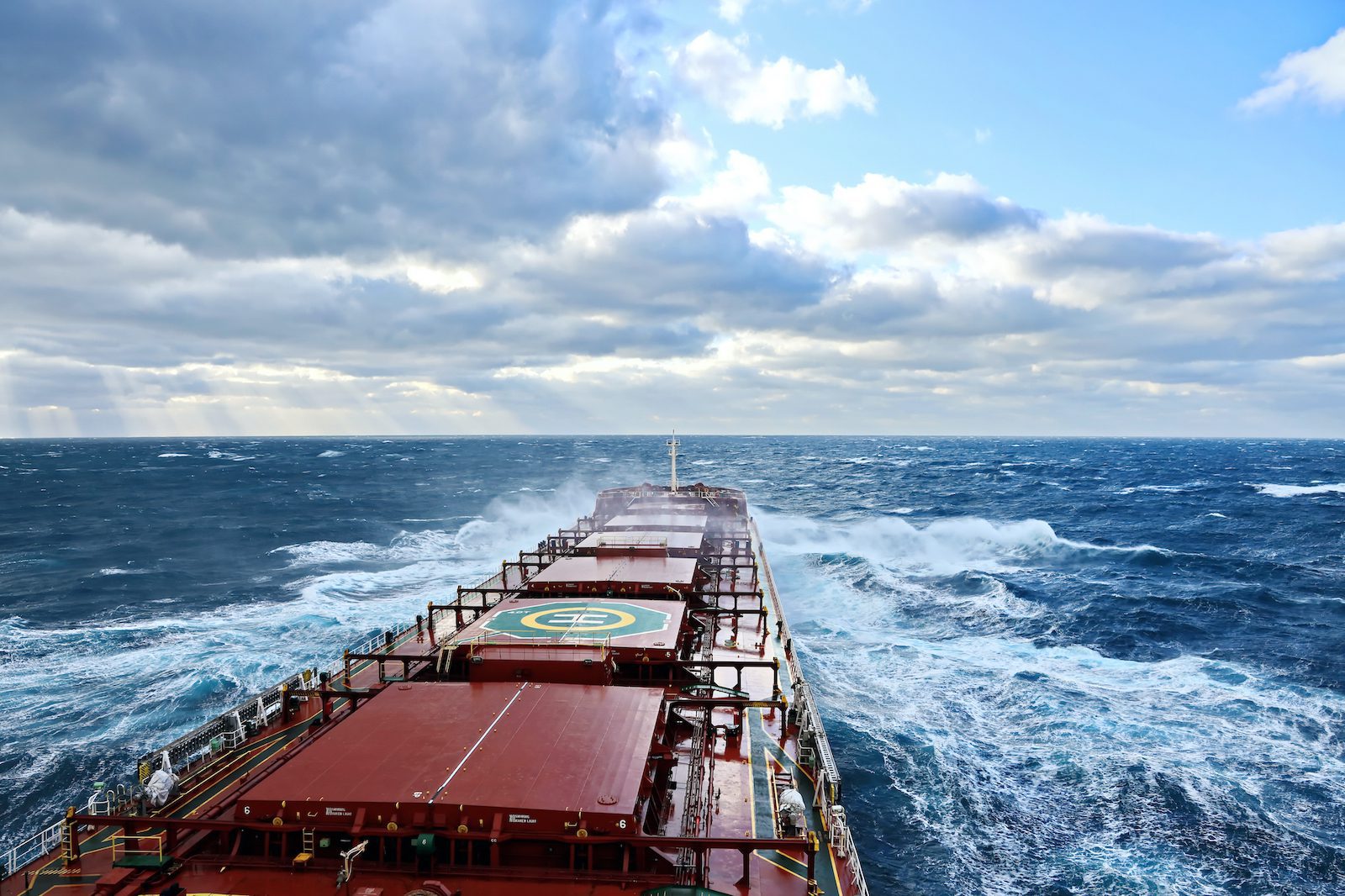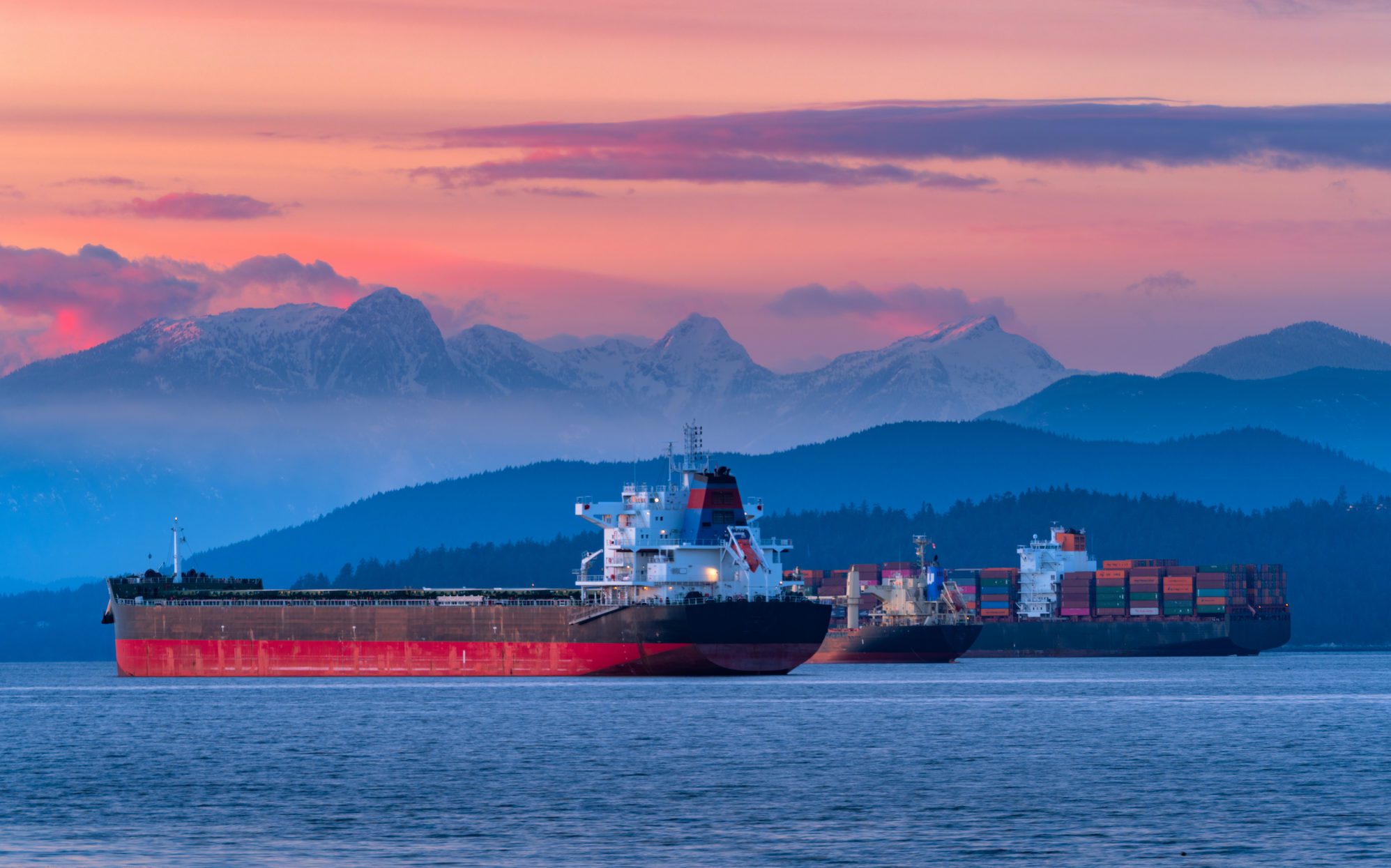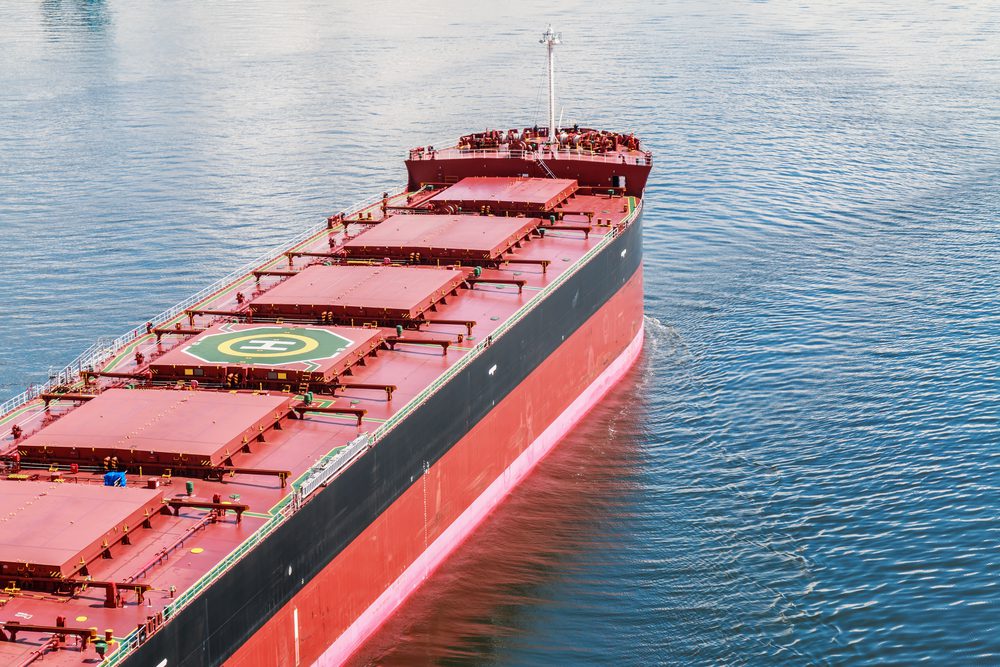Nov 4 (Reuters) – The Baltic Exchange’s dry bulk sea freight index rose on Friday for the first time in 13 sessions, helped by an uptick in capesize rates.
* The overall index, which factors in rates for capesize, panamax and supramaxshipping vessels carrying dry bulk commodities, rose 33 points, or about 2.6%, to 1,323.
* However, the index fell about 13.8% in its second straight weekly decline.
* The capesize index rose 118 points, or about 9.6%, to 1,343. However, it recorded its worst week since late August, shedding about 19.6% this week.
* Average daily earnings for capesizes, which typically transport 150,000-tonne cargoes such as coal and steel-making ingredient iron ore, were up $981 at $11,139.
* Iron ore futures surged, solidifying their weekly gains, buoyed by bets that top steel producer China would ease its strict COVID-19 rules early next year, and further fuelled by Beijing’s fresh pro-growth rhetoric.
* The panamax index rose 1 point to 1,700. It fell about 6.4% for the week in its second consecutive weekly fall.
* Average daily earnings for panamaxes, which usually carry coal or grain cargoes of about 60,000 tonnes to 70,000 tonnes, rose $4 to $15,299.
* The supramax index fell 19 points to 1,268. It marked its worst week in a year with a drop of about 14.5%.
(Reporting by Harshit Verma in Bengaluru; Editing by Subhranshu Sahu)
(c) Copyright Thomson Reuters 2022.
Editorial Standards · Corrections · About gCaptain
This article contains reporting from Reuters, published under license.

 Join The Club
Join The Club












